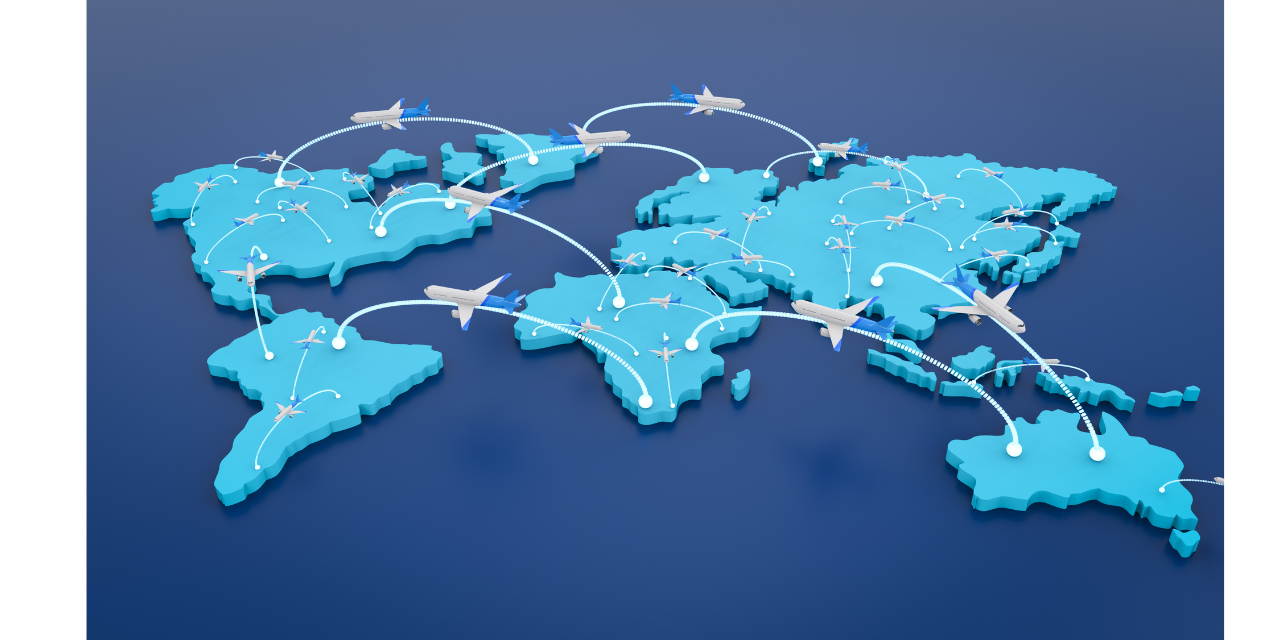The world is evolving. Travelling has also come a long way. Today, travelling has become faster and more convenient. Moreover, Covid19 has changed our perception.
As the world changes and evolves, so does how we conduct business! One area that has seen significant changes in recent years is business travel. The world of business travel is evolving at an unprecedented pace. As we move towards a post-pandemic world, the changes will only accelerate.
In the past, business travel was considered a necessary expense by companies. They booked flights to Auckland from UK without any hesitation. As the world becomes increasingly digital, companies are rethinking their travel policies. The future of business travel looks very different from what it did even a few years ago.
With the advent of virtual meetings, increased concern for sustainability, and the emergence of new technologies and modes of transportation, everything is so much easier now.
What will be business travel trends shortly?
One major trend that has emerged in the wake of the COVID-19 pandemic is virtual meetings. Even as restrictions begin to lift and businesses are reopening, virtual meetings will likely continue to be a popular option for businesses.
Companies can save on travel expenses (say, flights to Canberra), accommodation, and other associated costs. Additionally, more frequent virtual meetings can be scheduled. Flexibility is also more in virtual meetings. This facilitates companies to make informed decisions faster.
As companies become more environmentally conscious, they are trying to implement ways to reduce their carbon footprint in business travel as well. They choose aircraft which emit low carbon emissions for flights to Bali (say). Sustainable travel options such as electric vehicles, public transport, and cycling are becoming increasingly popular.
Companies reduce the environmental impact of their travel through tree-planting initiatives or purchasing carbon credits. In addition, hotels and airlines are introducing eco-friendly options, such as low-flow showerheads, energy-efficient lighting, and sustainable food options.
In addition to the environmental benefits, sustainable travel has financial benefits also. These may be lesser travel costs and improved brand image.
New transportation options are also emerging. These innovations have the potential to transform the way we travel. Innovations offer a fast, efficient, and environmentally friendly alternative to air travel. For example, the hyperloop system involves high-speed trains traveling in a vacuum-sealed tube. It will revolutionize travel, reducing journey times between cities from hours to minutes.
Autonomous vehicles allow employees to work during their journeys. It reduces the need for parking spaces in urban areas.
In addition, self-driving cars and electric vehicles have become more common. This will reduce the need for traditional rental cars. It will make it easier for business travellers to move around without relying on public transportation.
Emerging technologies such as augmented and virtual reality, blockchain, and artificial intelligence are also set to transform business travel. For example, augmented reality and virtual reality technology enhance the travel experience. Business travellers enjoy immersive and interactive experiences. This technology can also be used to provide virtual tours of facilities. It helps businesses make more informed decisions about where to hold meetings and events.
Another emerging technology that could have a significant impact on business travel is blockchain. Blockchain technology streamlines travel-related processes such as booking flights and hotels, tracking expenses, and managing loyalty programs. By using a decentralized ledger system, blockchain could help reduce costs and improve efficiency. It also enhances security and reduces the risk of fraud.
Challenges of the latest trends in business travel.
Challenges are associated with any change! So it is with the changes in business travel as well.
For example, virtual meetings may not be suitable for all business interactions. There may be cultural or language barriers to overcome when conducting business virtually.
Additionally, sustainable travel is cost-effective in the long run. But it may require a more upfront investment. There may be challenges in finding eco-friendly accommodations and transportation options in certain areas.
Similarly, emerging technologies offer exciting possibilities for improving the business travel experience. Privacy and security of data could potentially be a matter of concern.
Businesses may need to invest in new infrastructure and training to utilise these technologies.
Another challenge is the potential impact of emerging technologies on employment, with some jobs being automated or outsourced to machines. Companies will reconsider how they can reskill their employees and adapt to these changes.
Associate with professional business travel facilitators like Business Flight Shop to stay ahead in the changing travel scenario. They book comfortable business class flights to Bangkok from UK, (say). They provide discounts which you may not be able to do by yourself.
Happy business trip!
